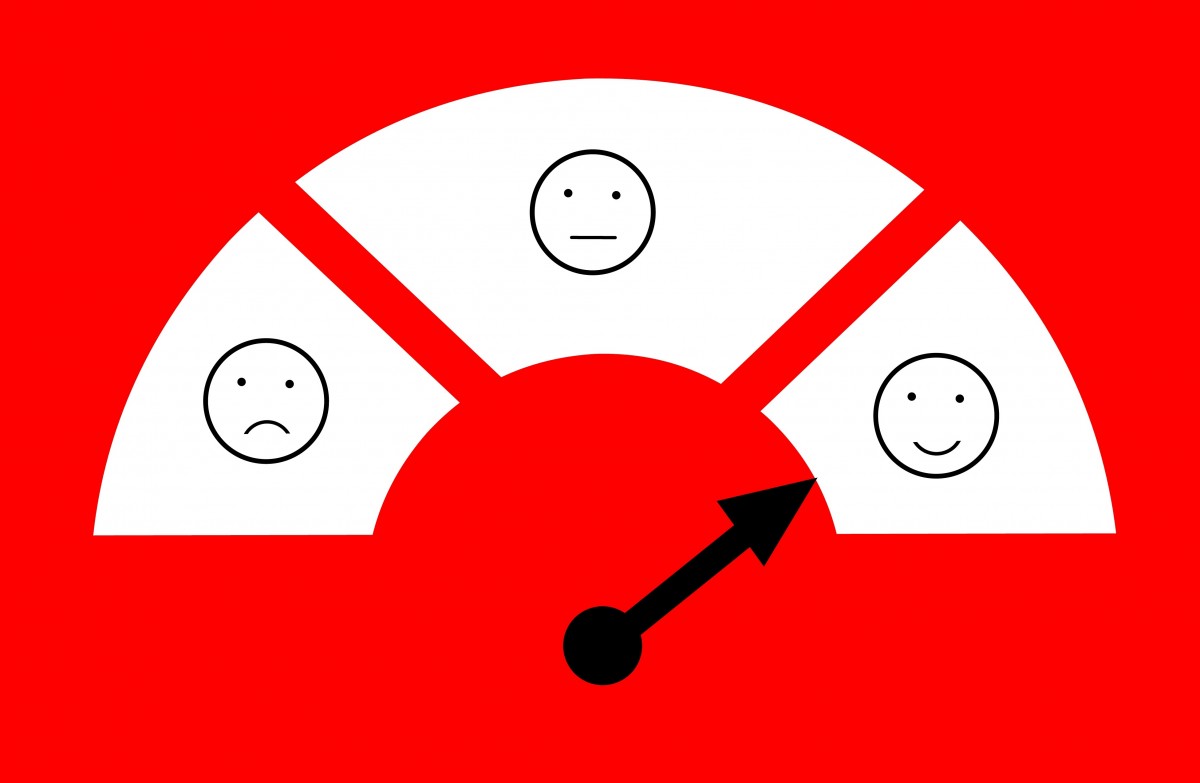I recently stumbled on an alternative translation of dukkha, the ancient Pali word from Buddhism usually translated as “suffering.” In The Trauma of Everyday Life, the psychiatrist Mark Epstein says it also means “hard to face.”
I like this phrase because it implies that we can turn towards the pain, as hard as that may be. One can even read it as saying: the more we turn away from pain, the more we suffer.
So much of life is hard to face. That you’ll eventually die. That who you love will die, possibly before you. That you might never be as rich and successful as you thought you’d be. That you might owe thousands of dollars in debt. That white supremacy and misogyny exist.
There’s also the small, seemingly inconsequential stuff. That you need to respond to that day-old email from your boss. That you need to tell your partner you’ve been feeling bored with the relationship. That you probably shouldn’t drink again tonight.
“Even pleasant experiences carry a whiff of dissatisfaction because of their inability to provide ultimate comfort,” Epstein writes. “No matter how fulfilling, they eventually run their course.”
Regular meditation practice is one way we can start to turn towards the pain.
Anyone who’s tried meditation even once knows: even when you’re doing nothing but sitting in silence, the mind creates suffering.
Our mind doesn’t stop telling stories about the past and future. It worries about tomorrow. It judges you. It questions what you’re doing with your life. Upwards of 80 percent of our thinking is negative, research shows.
Just like in a movie or novel, the mind’s storytelling creates emotions. Anxiety. Fear. Anger. Self-doubt. Sadness. Excitement.
These emotions cause the mind to create even more stories. It tries to find an answer for why you’re feeling overwhelmed, which often just adds more fuel to the fire.
The takeaway here is that the emotions inside of us are what’s hard to face, not life itself.
It’s not what your partner might say when you tell them you’re bored that’s hard to face. It’s the fear you feel about being out of control, about not knowing what they’ll say, about putting the relationship on the line.
Luckily, meditation is a practice. It doesn’t just leave you hanging with the emotion. It strengthens your ability to turn towards what’s hard to face inside of you.
During a meditation session, you begin to notice the raw sensations that accompany emotions. You feel the tension in your stomach that comes with, say, anxiety. You feel the clenching of the muscles. Instead of going off on another explanation for why you’re feeling anxious — another story — you learn to sit with the tension. You even get curious about it. You release the tension, opening into the uncharted territory of the present moment.
Then, one day, you find an inner courage that no one can take away.
“When we are willing to stay even a moment with uncomfortable energy, we gradually learn not to fear it, “ says American Buddhist teacher Pema Chödrön. “The only way out, so to speak, is through.”
I know. It sounds like hell. But along the way there are moments when it feels like you can face anything, both inside and outside. And those moments grow more often the more you meditate.
Want to be more mindful?
Sign up for my weekly email on meditation and how to be mindful about the stuff that matters most — work, relationships, and, especially, politics.
Listen to the podcast version
I talked about this post on my podcast, Meditation for the 99%. Listen to it on Apple Podcasts, Google Play, and everywhere podcasts are available. Stream this episode below.
Podcast: Play in new window | Download
Subscribe: Apple Podcasts | RSS | More
